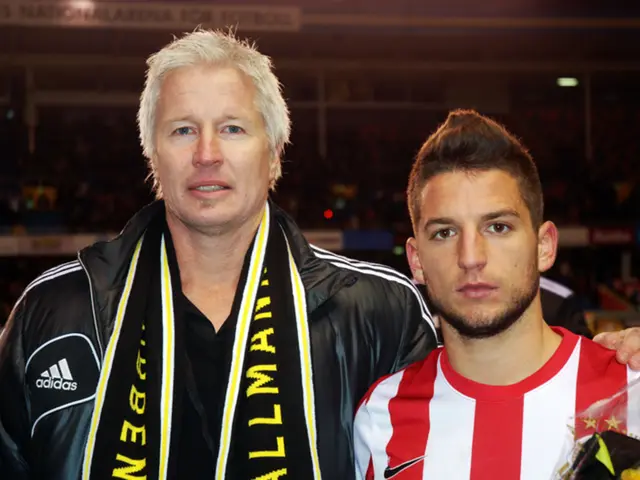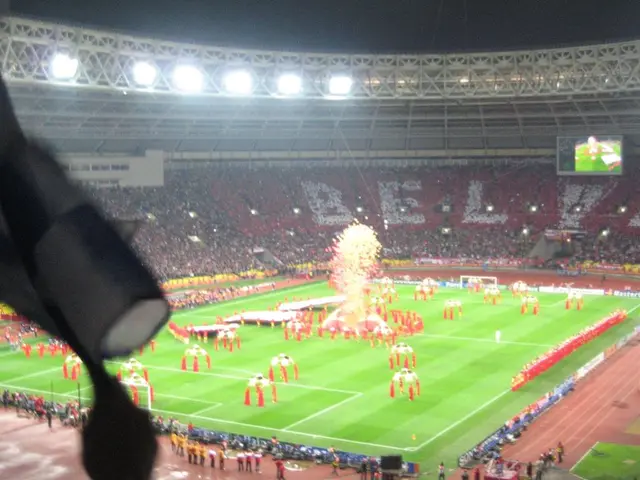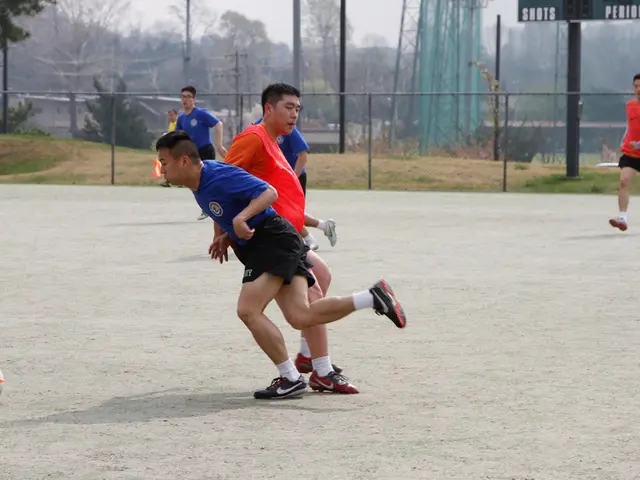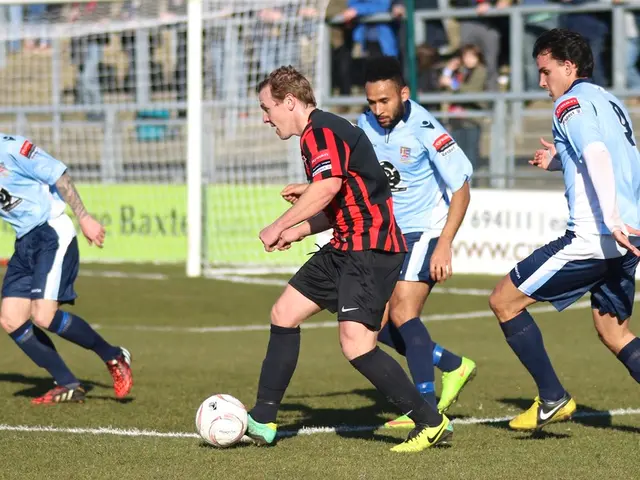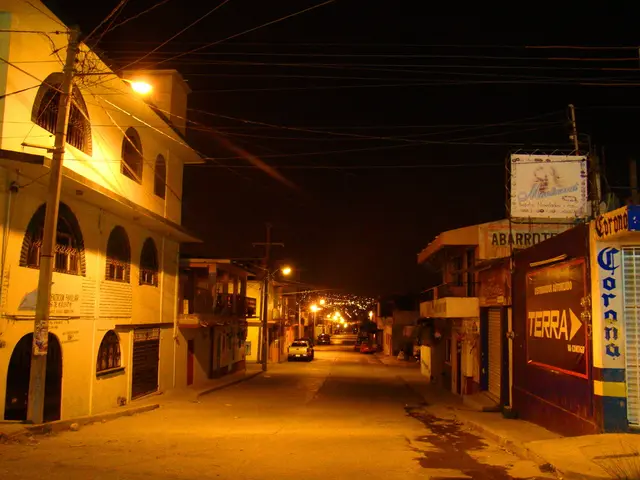Tennis captain Javier Frana at Roland Garros remarks: "Player often focuses on what's missing in their game"
PARIS - Former Argentine tennis player Javier Frana, who competed at Roland Garros six times between 1992 and 1997, fondly recalls his fourth-round appearance in 1994. As the 98th-ranked player, Frana defeated Mark Woodforde, then 53rd, in a five-set thriller, 6-4, 3-6, 6-0, 4-6, 10-8. Currently serving as the captain of the Argentine Davis Cup team, Frana reminisces about his past victories on the Philippe-Chatrier court, pointing to the area where the new Court 7 now stands, a locale that was once occupied by the old Court 10.
Frana's memories of Roland Garros are steeped in a sense of nostalgia blended with modernity. "Being at Roland Garros is special. It's a place that's ever-evolving, growing, but still keeps its essence. You remember the old Roland Garros, but you're comfortable in the new; everything so well-attended to, so aesthetically pleasing," he describes.
Argentine tennis witnessed nine men's entrants in this year's tournament, with Mariano Navone reaching the third round—a feat not attained by any Argentine since 2016. Frana arrived in Paris around ten days ago to watch the final qualifying matches and the main draw. Argentina's next challenge will be a trip to the Netherlands, scheduled for September 12 to 14, for the second round of the Qualifiers, the stage that qualifies for the coveted "Final 8," set to take place in November in Bologna.
Asked about his feelings upon leaving the tournament, Frana admits that while the results were disappointing for some, it's essential for players to focus on growth and learning opportunities. "For those who didn't do well, the message I would try to give them is 'ok, it couldn't be managed, because it depends on the opponent and other factors, but that the bad tournament should be capitalized on by figuring out what went wrong and what needs to be improved.' That's the most important thing, because otherwise you feel like you're leaving with your hands totally empty."
Historically, Roland Garros has been a proving ground for Argentine players, but this year's poor performance is a cause for concern. Frana avoids analyzing the situation from a Davis Cup perspective, preferring to foster close relationships with the younger players he mentors. He believes that every tournament, including Roland Garros, offers valuable lessons that can aid in personal and professional development.
Francisco Cerúndolo, the 18th seed, fell in the first round this year, a result Frana found surprising. He couldn't discuss the defeat with Cerúndolo, but emphasized that he tries not to interfere with the players' routines during tournaments. Instead, he maintains a presence on the periphery, available for support and advice when needed.
Difficulties faced by Sebastián Báez and Tomás Etcheverry do not escape Frana's attention, but he chooses to confront the issues with compassion rather than worry. As a mentor, he aims to guide the players toward personal growth while providing emotional support and informal feedback.
In terms of team strategy, Frana is looking toward the US Open and possible changes in player condition during the series against the Netherlands. The goal remains to build a positive energy among the team, strengthen their resolve, and remain open to the unpredictable twists that tournament play can bring.
Frana acknowledges the tense competitive atmosphere that surrounds the Davis Cup, but believes it's essential to value the personal and collective advancements the players have made. He calls for a balanced perspective, reminding the players of their achievements rather than dwelling on disappointments.
In an attempt to prepare the younger generation for the demands of professional tennis, Frana is adamant about addressing the challenges of social media exposure. He advises taking a step back from the online world when necessary and recognizing that praise and criticism are ephemeral. Instead, players should focus on their growth, development, and personal satisfaction in the sport.
- During his time in Paris for the Roland Garros tournament, Frana hoped to learn from the experiences of the young Argentine players, applying those lessons to his role as captain of the Davis Cup team, seeking to develop both the personal and professional growth of his players.
- Regardless of the mixed results in this year's Roland Garros tournament, Frana emphasized the importance of maintaining a growth mindset, recognizing the unique challenges in each match as valuable lessons for the players, encouraging them to channel their losses into self-improvement and continued success in sports, while building resilience and a strong team spirit.

